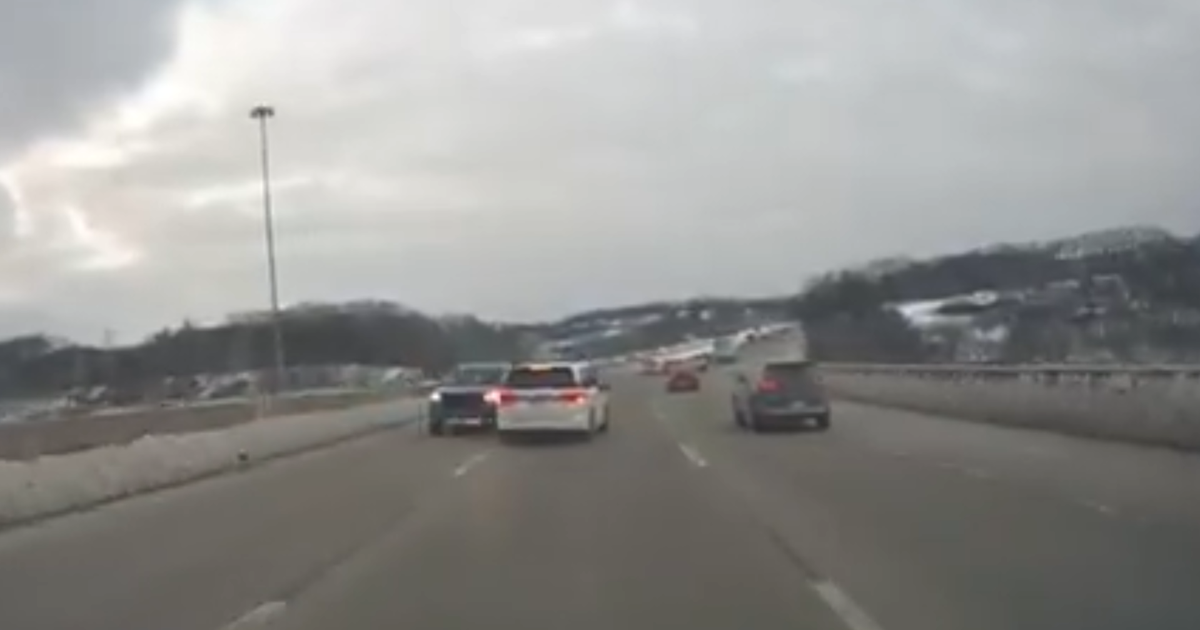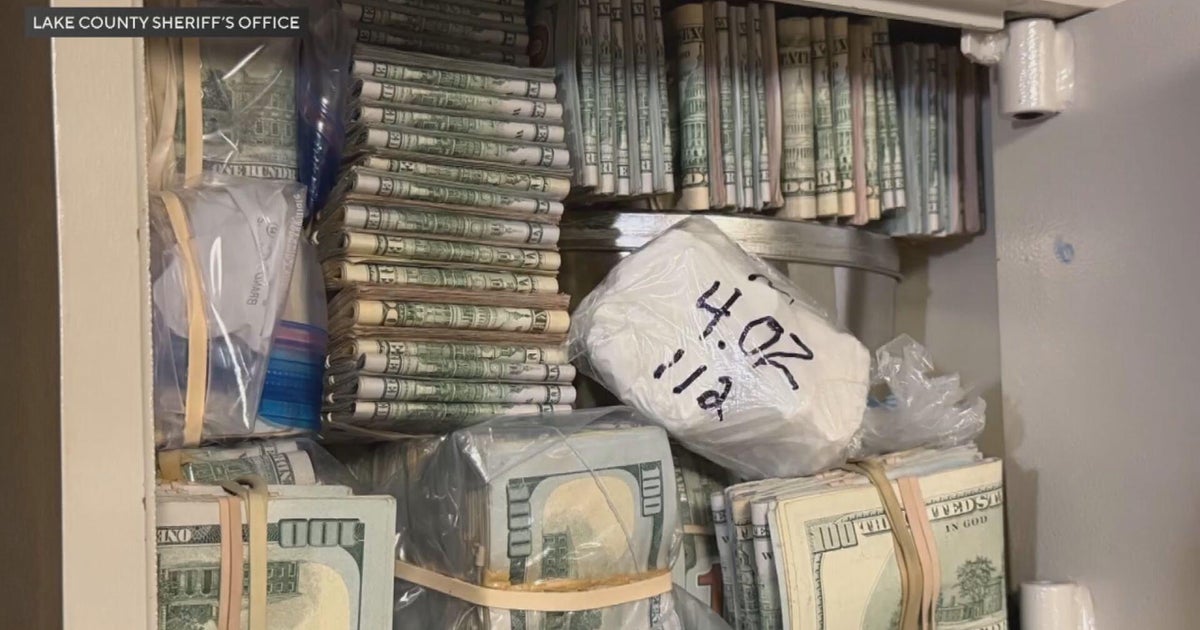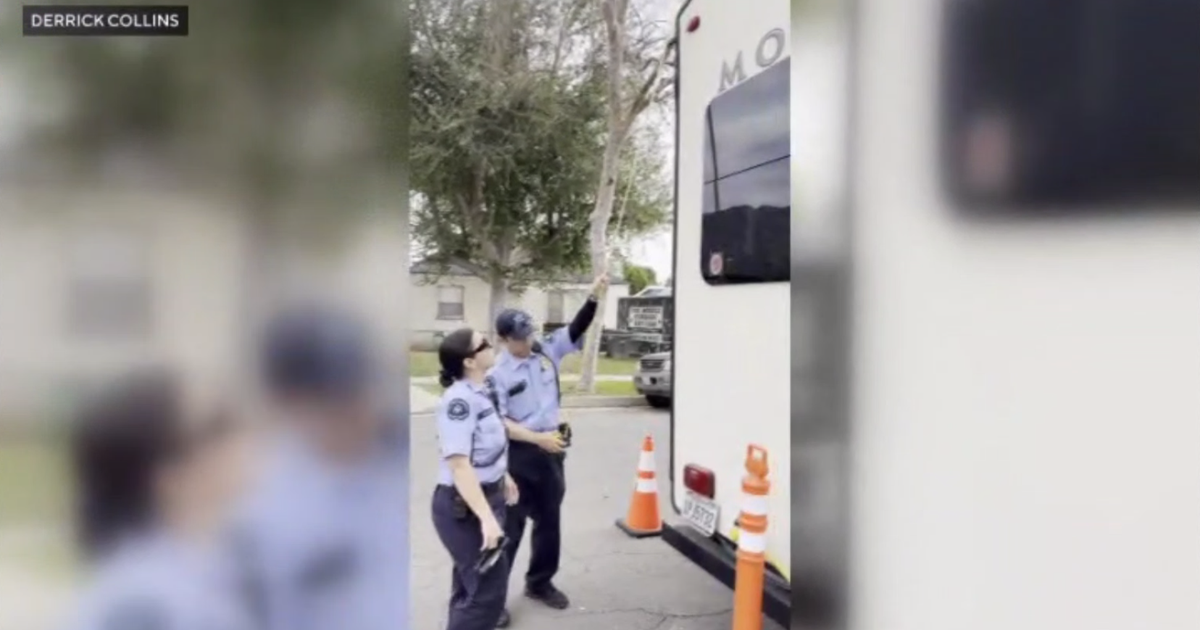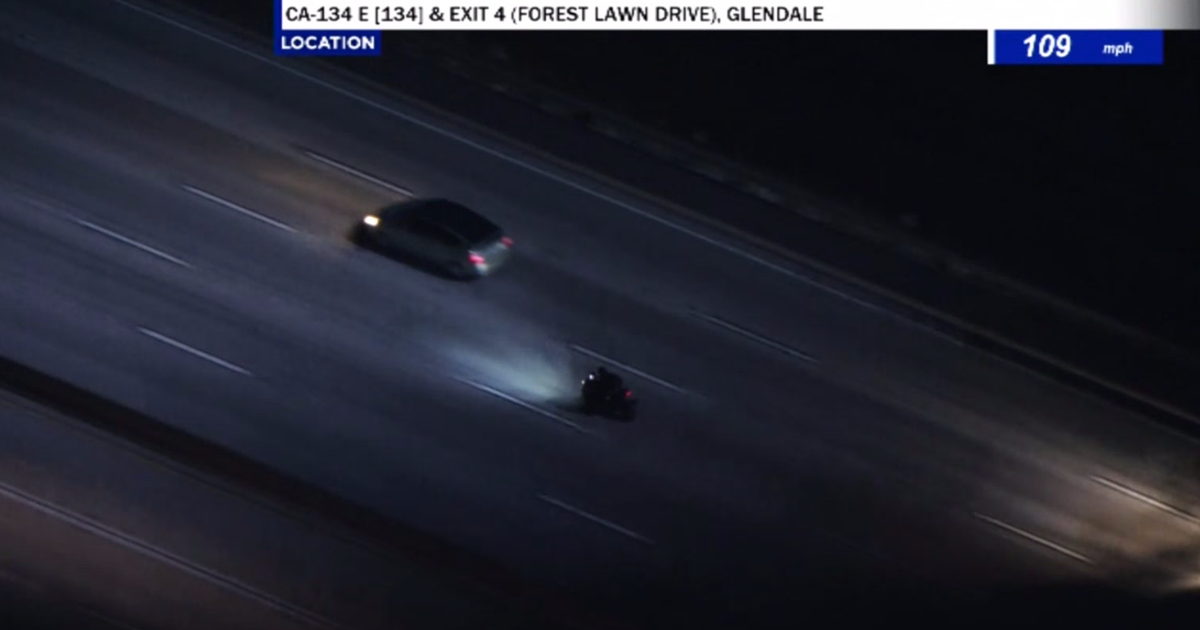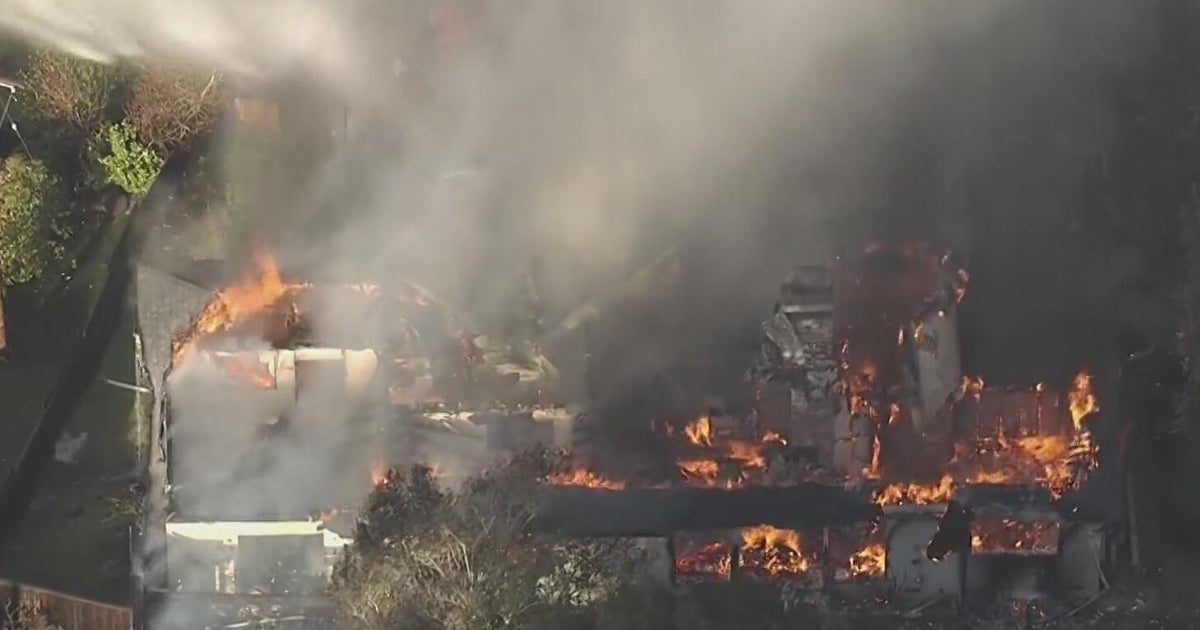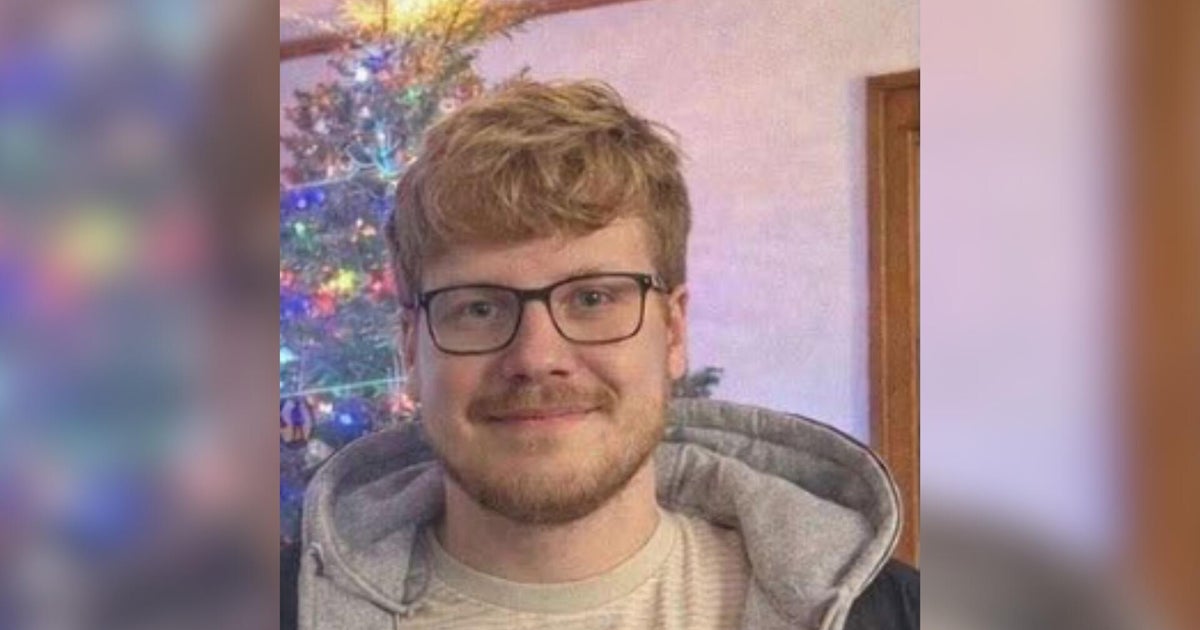Chicago area residents want action to reduce noise coming from I-80 traffic
TINLEY PARK, Ill. (CBS) – Making noise about noise; life outside the city is not as peaceful as some southwest suburbanites thought.
CBS 2's Lauren Victory explained the commotion keeping them up at night.
Moving near an expressway is a no-go for a lot of people, but not Val Cruz.
"For us, it was an advantage," Cruz said.
Easy highway access drew her to West Point Meadows, a Tinley Park neighborhood that butts against Interstate 80.
When she moved in 18 years ago, "you could barely hear I-80."
"It was just a highway, and it was not really interfering in anything that we had going on," she said.
But now, Cruz said highway noise forces her to sleep with earplugs.
"I would prefer to hear the birds chirping," she said.
Cruz played CBS 2 audio recordings of the noise recently taken from her kitchen.
"I'm trying to just have a peaceful, quiet evening, and this is what I have to listen to," she said.
She's referring to the truck exhaust, brake squeals, and car honks. The only line of defense for all of the commotion is trees.
"It goes bah boom, bah boom, bah boom!" said Cindy Giannone, another West Point Meadows homeowner. "And I did not notice that in the early years living here."
West Point Meadows homeowners believe the opening of warehouses and other businesses nearby in the past five years pumped up traffic and the noise it creates.
"When you live in the city, you kind of become accustomed to it," Giannone said. "But it's not loud. It's not this boom, boom, boom; and that's what you're hearing out here on the highway."
A noise abatement wall built by Acoustiblok could help. The company's CEO told CBS 2 that the 5,000-foot-long and 8-foot-high fence cost $200,000 in sound-blocking material alone.
Victory: "So, has the homeowner's association considered privately funding a noise mitigation wall?"
Cruz: "We don't really have the money."
So residents signed onto a petition asking for a traffic noise assessment from the Illinois Department of Transportation, a study that could help them understand the problem and then fix it.
Tinley Park Mayor Michael Glotz said he gets calls from fed-up residents repeatedly.
Victory: "Do you agree that there's an issue here?"
Glotz: "Absolutely."
So, would the village chip in money to bring them peace and quiet?
"If they would get us some costs on the consultants that they talked to for the engineering, we would definitely look into it, because they're not getting any help from the state," Glotz said.
That's right. IDOT isn't going to step in.
IDOT does conduct noise studies and install noise walls, but that service is only provided if the state caused more traffic.
"The addition of new lanes is a good example," wrote an IDOT representative who went on to say, "More traffic alone on an existing highway that has not been improved would not be enough to justify the state building noise walls."
Homeowners tried going up the chain to the governor and U.S. Rep. Bobby Rush.
"Everybody just says 'It's not my responsibility. You should reach out to this department,'" Cruz said.
The residents are getting some traction from state legislators. A highway noise suppression bill that called for abatement on existing highways stalled last session, but State Rep. Debbie Meyers-Martin (D-Olympia Fields) has refiled the legislation.
State Sen. Michael Hastings (D-Frankfort) said he's planning to file two pieces of legislation related to the issue. One would liken excessive highway noise to airport noise.
"It's very annoying," Giannone said.
Victory: "What do you hope doing a news interview accomplishes?"
Cruz: "That we are heard."
They hope they're heard about what they're sick of hearing.
Homeowners are hanging onto hope those bills go through the legislature, but lawmakers can't vote on any piece of legislation until January.
